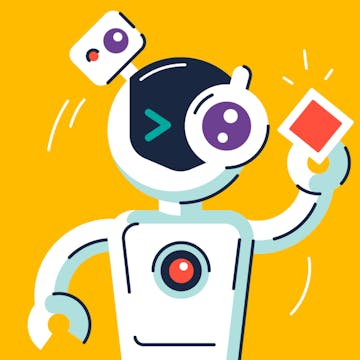
Deep learning added a huge boost to the already rapidly developing field of computer vision. With deep learning, a lot of new applications of computer vision techniques have been introduced and are now becoming parts of our everyday lives. These include face...
Read more
Good to know
Save this course
Reviews summary
Computer vision concepts
Activities
Career center
Computer Vision Engineer
Data Scientist
Software Engineer
Machine Learning Engineer
Deep Learning Engineer
Artificial Intelligence Engineer
Computer Scientist
Image Processing Engineer
Robotics Engineer
Computer Vision Consultant
Computer Vision Researcher
Visual Effects Artist
Product Manager
Business Analyst
Technical Writer
Reading list
Share
Similar courses
OpenCourser helps millions of learners each year. People visit us to learn workspace skills, ace their exams, and nurture their curiosity.
Our extensive catalog contains over 50,000 courses and twice as many books. Browse by search, by topic, or even by career interests. We'll match you to the right resources quickly.
Find this site helpful? Tell a friend about us.
We're supported by our community of learners. When you purchase or subscribe to courses and programs or purchase books, we may earn a commission from our partners.
Your purchases help us maintain our catalog and keep our servers humming without ads.
Thank you for supporting OpenCourser.


